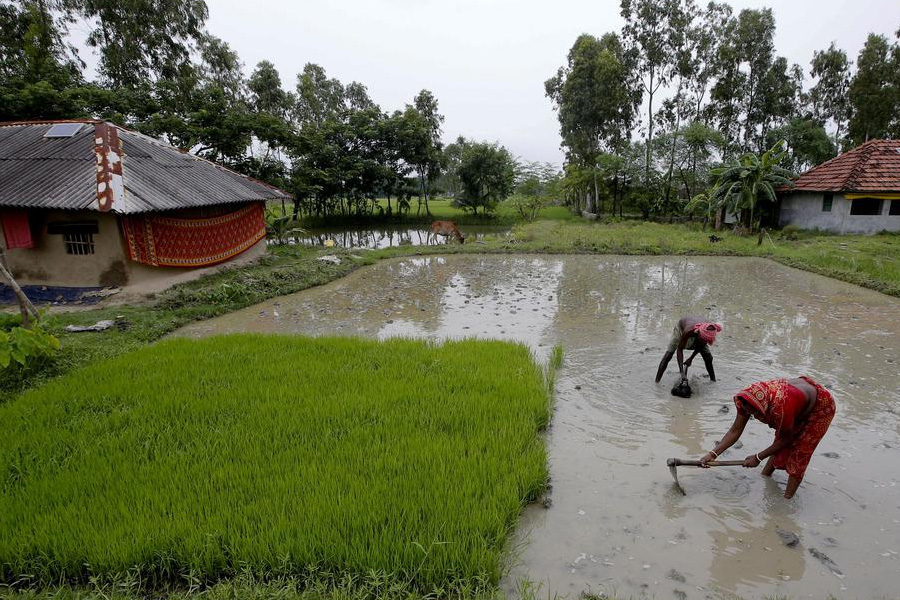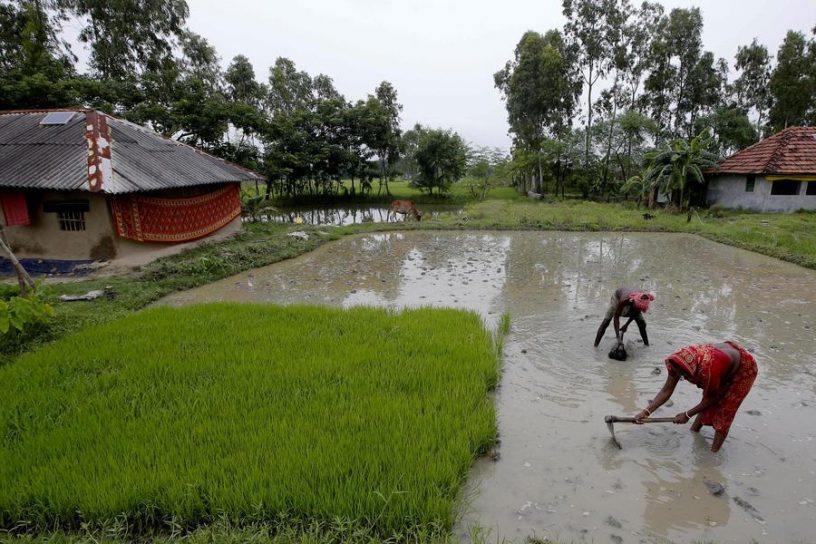
This work showcases success story of organic farming by 84 families of Indian Sundarbans since 2012, with use of vermicompost, biopesticides (neem oil) and natural microbe augmentations (Trichoderma sp), as a part of a socio-environmental intervention project.
Authors
Abhiroop Chowdhury, Professor, Jindal School of Environment and Sustainability, O.P. Jindal Global University, Sonipat, Haryana, India; Tagore Society for Rural Development, Kolkata, West Bengal, India.
A S Iyer, Jindal School of Environment and Sustainability, O.P. Jindal Global University, Sonipat, Haryana, India.
Santanu Bhattacharryya, Tagore Society for Rural Development, Kolkata, West Bengal, India.
S U Khan, Amity School of Communication, Amity University Rajasthan, Jaipur, Rajasthan, India.
Aliya Naz, Assistant Professor, Jindal School of Liberal Arts and Humanities, O.P. Jindal Global University, Sonipat, Haryana, India; Tagore Society for Rural Development, Kolkata, West Bengal, India.
Summary
Organic agricultural practices are sustainable alternatives to chemical methods. This article highlights the major challenges faced by environmentalists, social workers in popularizing organic agriculture as well as its positive field application.
The primary soil parameters (pH, alkalinity, electrical conductivity, soil, organic carbon, soil texture, and available N, P and K) are compared between global coastal agricultural soils. Organic farming practices adopted in different regions were also focused in this article.
Sundarbans is the world’s largest contiguous mangrove ecosystem, largest delta, abode of mangrove dwelling tigers and Indian part is the home of 4.6 million natural disaster vulnerable populations.
This work showcases success story of organic farming by 84 families of Indian Sundarbans since 2012, with use of vermicompost, biopesticides (neem oil) and natural microbe augmentations (Trichoderma sp), as a part of a socio-environmental intervention project. This intervention resulted in increased yield in both kharif season (10-12%) and rabi season (5-10%) by 2017.
Published in: IOP Conference Series: Earth and Environmental Science
To read the full article, please click here.


